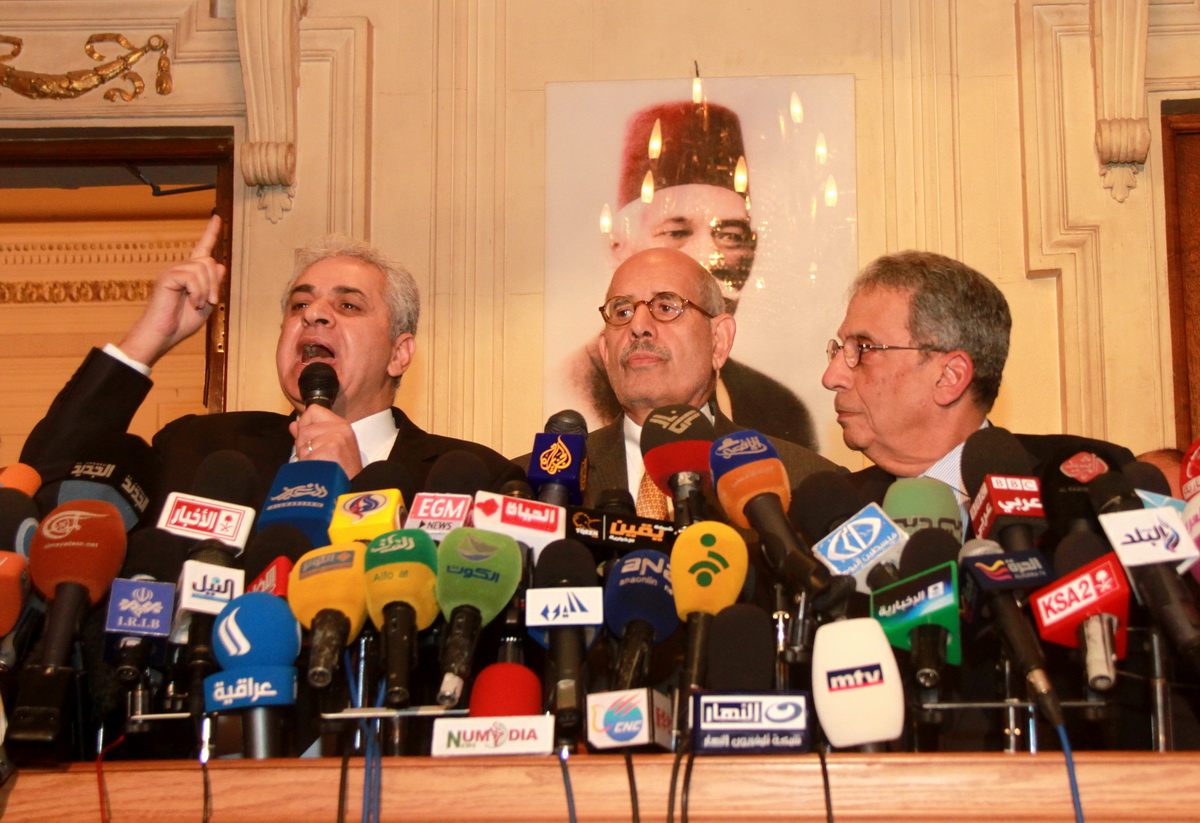Syria’s rising appeal for companies seeking a foothold in the Levantine market has seen investment soar in its industrial sector, boosting government efforts to push the country towards a more open market economy.
In August 2010, the Industrial Cities and Zones’ Directorate (ICZs) announced a rapid increase in investment in four newly formed industrial cities throughout the country. Adra, Sheikh Najjar, Hessia and Deir El Zor captured total investments worth S£441.7 billion ($9.6 billion) by the end of June 2010. It is an impressive achievement given that the construction of Deir El Zor began just three years ago.
Houssam Chehabeddine, the general manager of Bel Syria, the local subsidiary of France’s Bel Group, believes these industrial centers can play a crucial role in attracting investment. “Many industrial cities will be created. While it will be hard for existing factories to move at this stage, it is a very interesting option for new entries since they will benefit from preferential rates, reduced taxation and power supply among other things,” Chehabeddine said.
Nearly $4 billion was invested in the cities in the 12 months leading up to June, a year-on-year increase of 69.2 percent that signals rising confidence in Syria’s climate for industrial investment. This was matched by a heavy volume of newly registered projects, illustrating the diversity in scale and sector of the country’s industrial base. For example, Adra alone now has 1952 industrial projects either operational or under construction.
These statistics will likely be welcomed by the government, which has emphasized the need for the state to recalibrate its role in the economy and encourage private sector investment through policy papers and its last two five-year plans.
Damascus is also continuing to seek bilateral agreements to encourage investment from a number of emerging trading partners, while maintaining its policy of seeking private sector partners to run failing state-owned industrial projects.
In late September the minister of industry, Fuad Issa Al Juni, met with the Danish state secretary for trade and corporate affairs, Anne Steffensen, According to the Syrian Arab News Agency, talks took in a wide range of possible fields of investment and cooperation in Syria including joint projects for fertilisers, cement, pharmaceuticals and food processing.
Steffensen suggested that this process will begin with the provision of Danish technology for the Al Rastan Fertilizers and the Al Rastan Cement companies.
Damascus has also been involved in similar discussions with Belarus over the Arab country’s automotive industry. In mid-September Al Juni held talks with Belarus’ MZNT and MAZ companies about the potential establishment of a joint venture to manufacture MZNT trucks and MAZ buses in Syria. A feasibility study is expected to be drafted by November before any final agreement between the two parties is concluded.
Such moves should help sustain the influx of investment and capital into the industrial sector. The government hopes that this will also be supported by the rehabilitation of state-run companies. The latest company being promoted to potential investors is the General Shoes Company (GSC). Established in 1977, GSC made a loss of S£50.5 million ($1.09 million) in 2009. Damascus hopes to negotiate a deal whereby a concession will be offered for the company on a revenue-sharing basis, ensuring fresh investment and the safeguarding of jobs.
Such a policy has had mixed results over the last few years, with several companies failing to attract substantial investor interest. The government will hope that the GSC intervention matched the success enjoyed by the Tartous Cement Company, which has been rehabilitated by the Pharaon Group after the government signed a contract with them in 2005.
The investment figures give Damascus good reason to be confident that there will be more success stories to draw on in the near future, and that the strong endorsement of the industrial sector, which has been amply demonstrated by the latest investment levels, will continue unabated.

